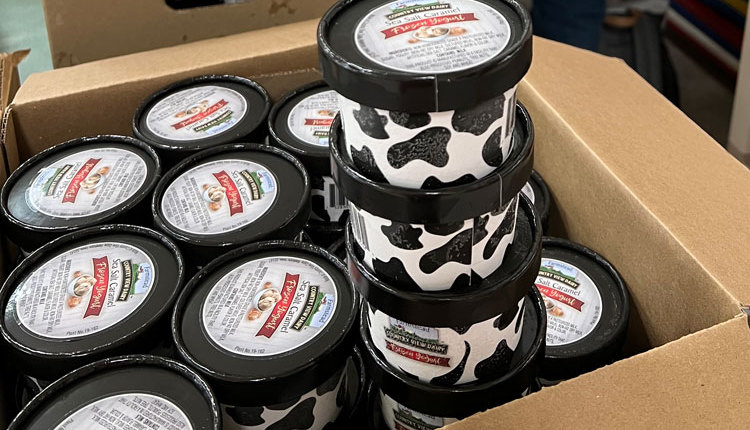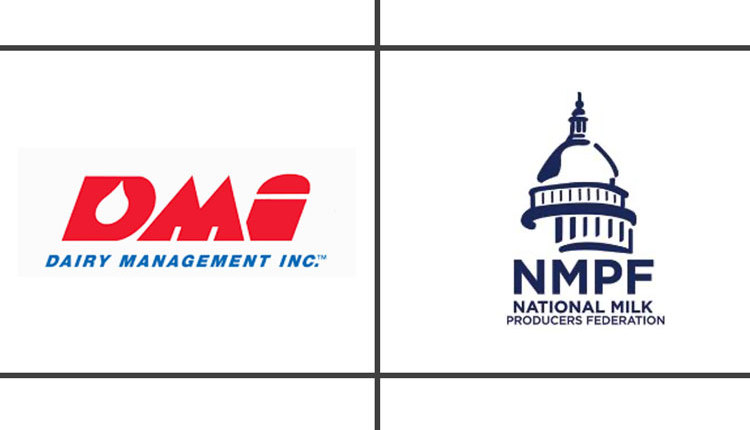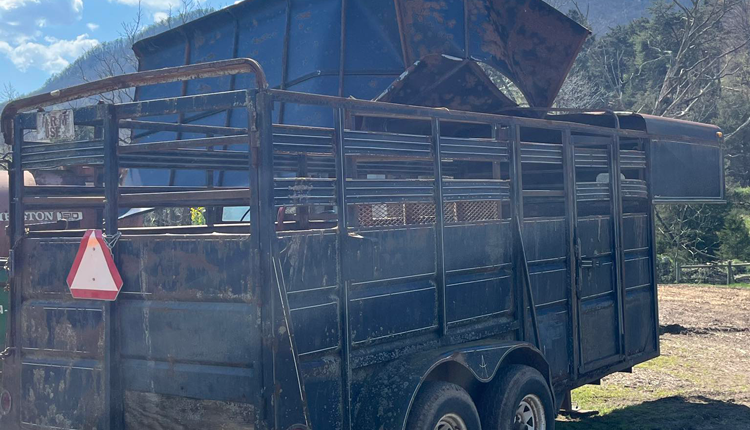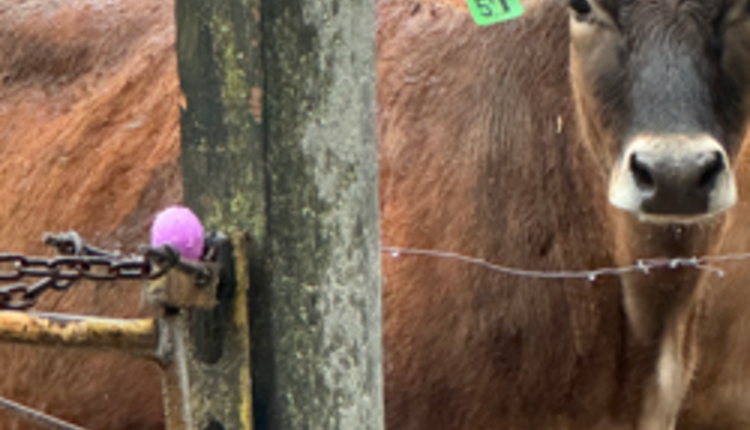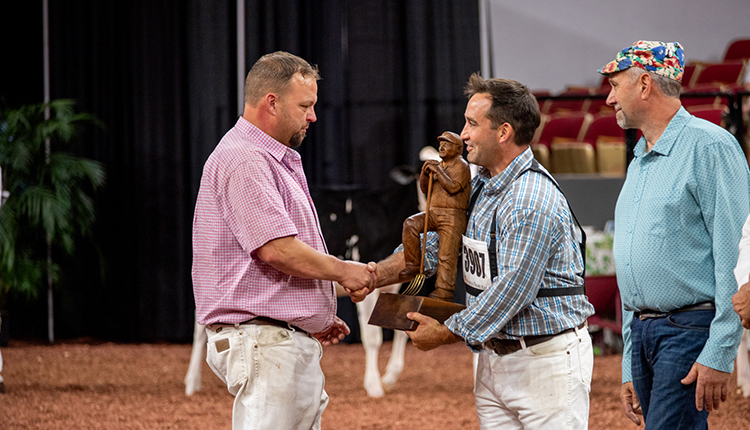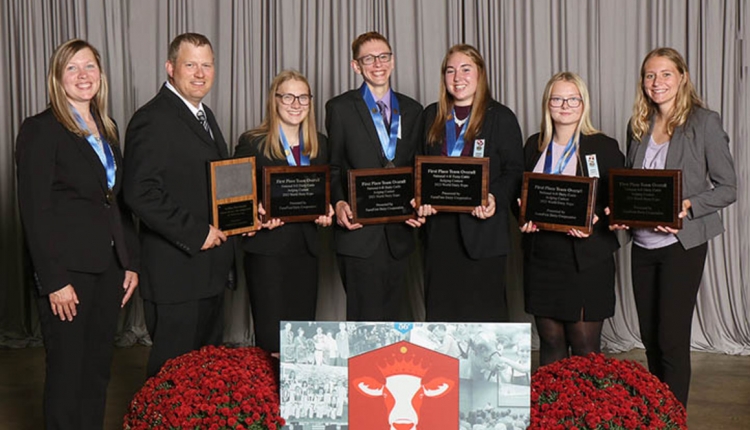Dealing with consumer perceptions of their food, farmers and, more specifically, animal care was the topic of two presentations during the pre-conference symposium at the annual meeting of NMC, formerly the National Mastitis Council.
"Consumers don't want ‘industrial' agriculture, but they want cheap food," said Wes Jamison of Palm Beach Atlantic University. "They support strict regulations on animal care, but they want cheap food."
Animal care is not a front-of-the mind issue for most consumers, he believes. But they trust farmers to take good care of their animals and are easily activated by the media. However, the activation is short-lived, said Jamison. The negative impressions usually fade within 48 to 72 hours. However, consumers who have seen some negative publicity about animal care are more likely to get worked up again.
"Consumers trust farmers more than they do other industry representatives or advocates," said Jamison. "But that trust is eroding," due to the negative publicity such as the Westland/Hallmark slaughter plant abuses and the report about animal care on ABC's Nightline last month.
People view farm animal care through the same prism they view their pets. "That's a big problem facing animal agriculture," said Jamison. "Pets are family." He explained that, in our urban/suburban society, pets are kept indoors and are considered part of the family.
Consumers don't understand why farm animals shouldn't have the same care and attention.
"Our industry has a lot of economically valid practices for caring for animals, but we have to decide what is socially acceptable and not acceptable," said Candace Croney at Ohio State University. We have had gestation stalls for sows, crates for veal calves, cages for layers, and even puppy mills. "They all worked economically or they wouldn't have existed," she added. "But it has been decided that these are not acceptable." Jamison had said that profit is not justification for a practice in the eyes of consumers.
"Now we have to look at lameness incidence and tail docking and ask ourselves what's acceptable and not acceptable," said Croney. "We also have to look at mastitis and anything else on farms that causes pain and decide what we are going to do about it."
Self-regulation can work. Programs such as FARM (Farmers Assuring Responsible Management) can raise the bar on animal care and give our industry documentation that animal welfare and care issues are being addressed.



